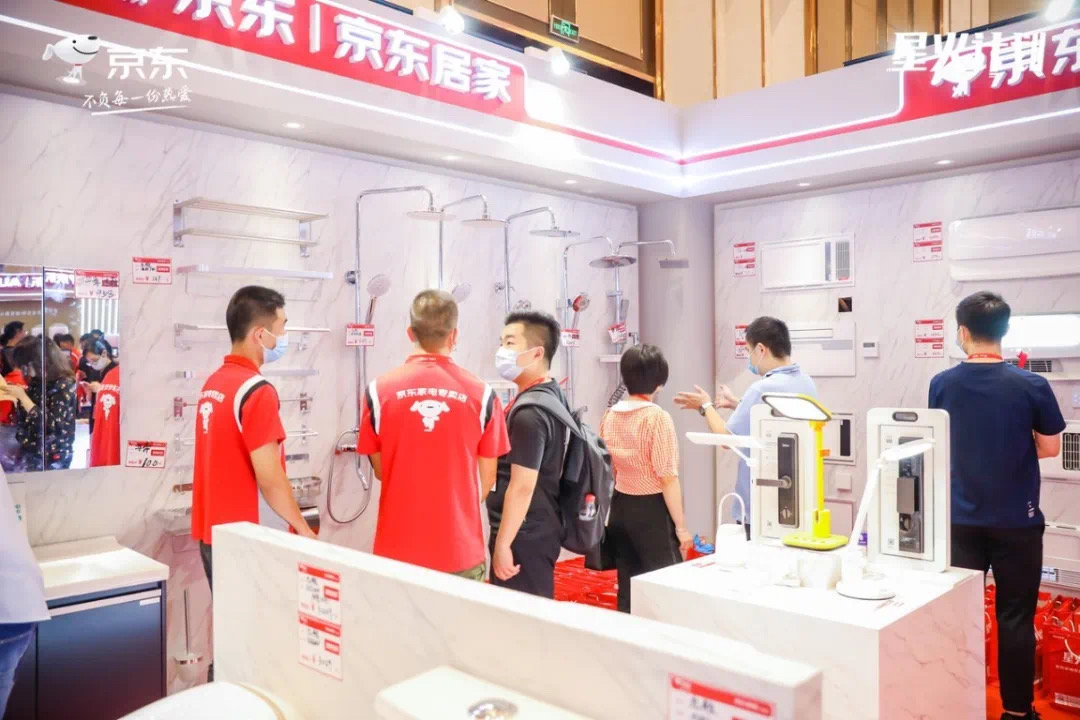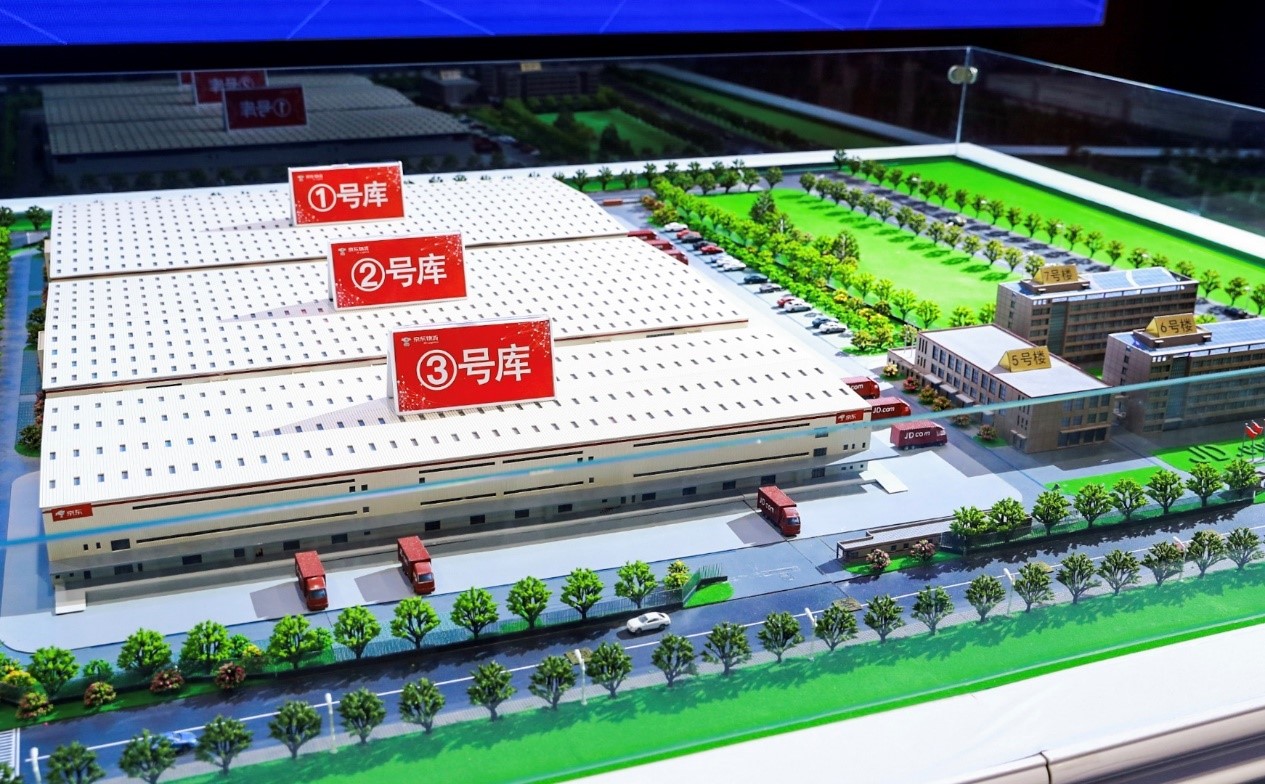by Ling Cao
The pandemic has accelerated many industries’ transition to doing business online. Internet retail has played a key role in the resumption of sales in the home appliance market. Among internet retailers, JD has seen large growth in the home appliance sales, and rose to comprise 28.86% of the market share, according to a report published this week by the China Center for Information Industry Development entitled “China’s Home Appliance Market in the First Half of 2020”.
Home appliance industry has been heavily affected by the pandemic due to delays in production, transportation restrictions, post-sale problems, and delayed new product launches. Despite this, the industry has been helped by online channels, which provide a contactless shopping experience for both enterprises and customers. Platforms like JD also provide an omnichannel integration strategy and livestreaming.
According to the report, “Online channels became the most important channel for the home appliance industry in the first half of the year, up 7.23% y-o-y and accounting for over 51.84% of total market share, marking the first time it rose to over half of sales.”
The report also detailed the total retail sales of the nation’s home appliance market, which reached RMB 248.6B in Q2, doubling the amount in Q1 and up 2.64% compared to the same period last year. Two key factors contributed to the growthare International Labor Day and the 618 Grand Promotion. E-commerce platforms like JD provided massive resources and benefits for customers, and also boosted customer sentiment.
Data from JD showed sales of home appliances on May 1st doubling in volume compared to the same day in 2019. On June 18th, air conditioner sales surpassed RMB 500M in two minutes, while refrigerator and washing machine sales hit RMB 500M in three minutes.
The report indicates that in the second half of the year, the total market size of China’s home appliance industry will likely be equal to last year. They believe that manufacturers, brands, and platforms will join together to provide good products and service to customers, driving future growth industry-wide.













